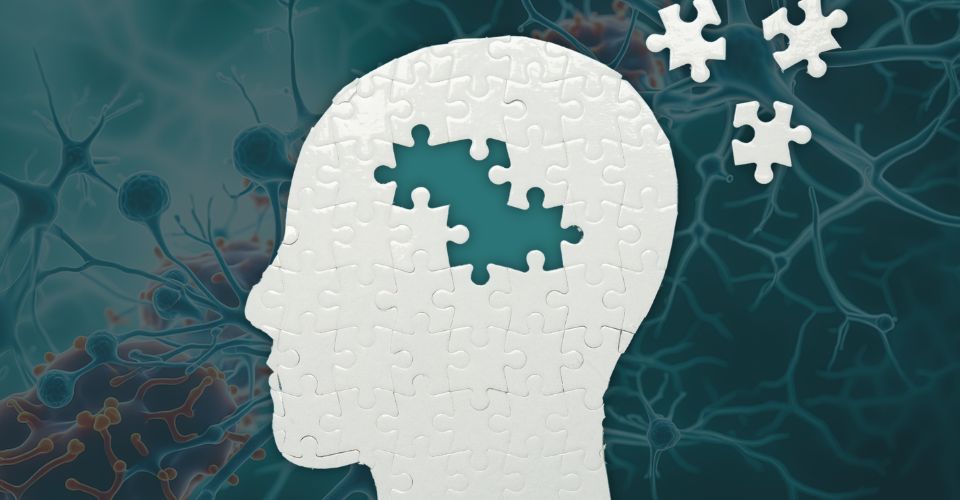- Emerging research provided insights into how long work hours affect mental health.
- Such working conditions are shown to trigger mental health disorders like anxiety and depression.
Mental Health In The Workplace
Mental health is a crucial aspect of one’s overall wellbeing. The workplace is one of the environments that can impact an individual’s mental health. The nature of work and working conditions can have a positive or negative impact on an individual’s mental health.
Employers need to recognize the importance of mental health in the workplace, specifically how work affects mental health, and take steps to create a safe and supportive environment that promotes good mental health.
The workplace can create mental health problems for employees in various ways, including work overload, job insecurity, poor work relationships, and low job satisfaction. Work-related stress is one of the most common mental health issues that employees face.
Stress can lead to anxiety, depression, and other mental health problems if not managed properly. Employers need to identify and address the root causes of workplace stress to promote good mental health.
What Are Occupational Mental Health Hazards?
Occupational mental health hazards refer to the working conditions that can impact an individual’s mental health negatively. These hazards can result from the physical, organizational, and social aspects of the workplace.
Some of the occupational mental health hazards include exposure to violence, harassment, job insecurity, long work hours, and lack of support from supervisors and colleagues.
Exposure to violence and harassment in the workplace can have severe consequences on an individual’s mental health. The fear of violence or harassment can create a sense of insecurity and anxiety, leading to mental health problems.
Employers need to create policies and procedures that prevent and address workplace violence and harassment to promote a safe and supportive work environment.
Do Long Work Hours Affect Mental Health?
Long work hours and mental health are inversely related. Prolonged exposure to work can create fatigue and stress, leading to mental health problems such as anxiety and depression. The long work hours culture can also create pressure on employees to work long hours, leading to work overload and burnout.
Recently, a survey by the Centers for Disease Control and Prevention revealed that working adults (aged 18 to 64 years) in the US experience major psychological distress due to factors like rigid work schedules and lack of paid sick leaves.
Moreover, working while physically ill enhances the risk of serious psychological disorders by 5.8%, compared to those who did not work when physically ill.
Prevalence Of Occupational Mental Health Disorders
Occupational mental health disorders are prevalent worldwide. According to the World Health Organization (WHO), depression and anxiety are the most common mental health effects of long work hours.
Approximately 300 million people suffer from depression globally, with the majority of cases affecting individuals in the working-age group. The high prevalence of occupational mental health disorders can impact productivity, absenteeism, and job turnover rates.
Addressing The Mental Health Effects Of Long Work Hours
Employers can take various steps to address the mental health effects of long work hours. These include:
- Implementing flexible work arrangements such as telecommuting and job sharing to reduce the pressure on employees to work long hours.
- Encouraging employees to take regular breaks and vacations to recharge and reduce work-related stress.
- Providing mental health support services such as counseling and employee assistance programs to employees experiencing mental health problems.
- Promoting a culture that prioritizes work-life balance and good mental health.
It is important to understand that mental health is an essential aspect of an individual’s overall wellbeing. The workplace is one of the environments that can impact an individual’s mental health.
Therefore, employers need to recognize the importance of mental health in the workplace and take steps to promote good mental health in a supportive work environment.
Know More About –
Related Articles –
- 6 Warning Signs You’re About to Burn Out at Work
- Are You Feeling Depressed At Work? Is Your Job Making You Sick?
- 9 Traits That Promote Stress and Undercut Mental Strength At Work




























